Description
An increasing number of scientists recognize the critical need to protect the arterial wall against low-density lipoprotein (LDL) oxidation and inflammatory insults. Research has shown that unique compounds present in black tea called theaflavins and thearubigins can have multiple applications for arterial health.381-383
Theaflavin Standardized Extract contains a number of beneficial flavonoids found naturally in tea leaves that help support levels of cholesterol that are already within the normal range.384-389
Theaflavins have been shown in human studies to protect against LDL oxidation and favorably affect endothelial function,389-391 thus helping to maintain healthy circulation.
Scientists have also found that black tea flavonoids possess strong antioxidant properties, which can help mitigate oxidative damage to cells and tissues from free radicals.392-395 In addition, theaflavins have been found to be helpful in regulating key inflammatory mediators in the body, thus helping to preserve cellular integrity.396-399
Supplement Facts
| Serving Size: 1 capsule Servings Per Container: 30 | |
| Amount Per Serving | |
| Black Tea (Camellia sinensis) Extract (leaf) [standardized to 25% theaflavins (87.5 mg)] | 350 mg |
| Other Ingredients: vegetable cellulose (capsule), stearic acid, silica. | |
| This product contains NO: milk, egg, fish, peanuts, crustacean shellfish (lobster, crab, shrimp), soybeans, tree nuts, wheat, yeast, gluten, corn, or rice. Contains NO sugar, and no artificial sweeteners, flavors, colors, or preservatives. | |
This product contains a black tea extract which is licensed from Applied Food Sciences, Inc. and is protected by U.S. patent Nos. 6,811,799 and 6,602,527.
Dosage and Use:
- Take one capsule daily with or without food, or as recommended by a healthcare practitioner.
- This supplement has less than 16 mg of caffeine per serving (the amount found in ⅓ cup of brewed green tea).
Warnings:
- If pregnant, nursing, or taking medication, consult your physician before taking this product
- Keep out of reach of children
- Do not exceed recommended dose
References:
1. Black tea consumption reduces total and LDL cholesterol in mildly hypercholesterolemic adults.
381. J Nutr. 2003 Oct;133(10):3298S-3302S.
382. Basic Res Cardiol. 2009 Jan;104(1):100-10.
383. J Nutr. 2004 Jan;134(1):38-42.
384. Prev Med. 2011 Dec 16. [Epub ahead of print]
385. J Pathol. 2010 Dec;222(4):329-34.
386. J Agric Food Chem. 2010 Aug 11;58(15):8591-5.
387. Br J Nutr. 2009 Dec;102(11):1611-9.
388. Ann Nutr Metab. 2008;53(1):33-42.
389. J Nutr. 2003 Oct;133(10):3293S-3297S.
390 Biochem Pharmacol. 1999 Dec 1;58(11):1695-703.
391. Prev Med. 2011 Dec 16. [Epub ahead of print]
392. Prev Med. 2005 Jun;40(6):910-8.
393. J Environ Pathol Toxicol Oncol. 2007;26(4):245-54.
394. J Med Food. 2007 Jun;10(2):345-9.
395. Cancer Lett. 2005 Sep 28;227(2):125-32.
396. Inflamm Res. 2011 May;60(5):493-500.
397. Invest New Drugs. 2011 Apr;29(2):225-31.
398. Folia Biol (Praha). 2007;53(5):164-72.
399. Crit Care Med. 2004 Oct;32(10):2097-103.
* These statements have not been evaluated by the Food and Drug Administration. This Product is not intended to diagnose, treat, cure or prevent any disease.


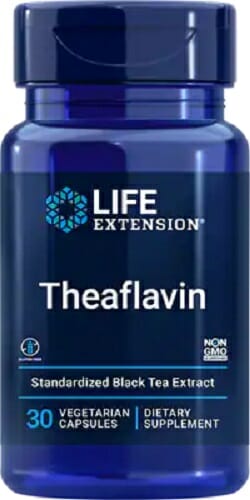
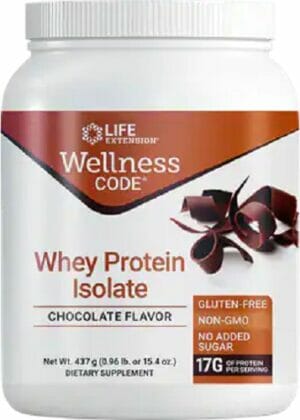
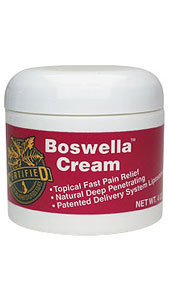
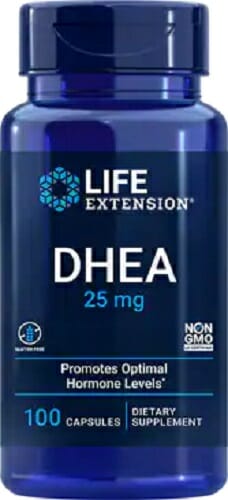
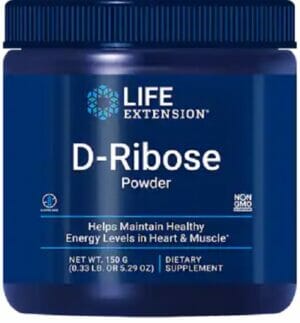
Reviews
There are no reviews yet.